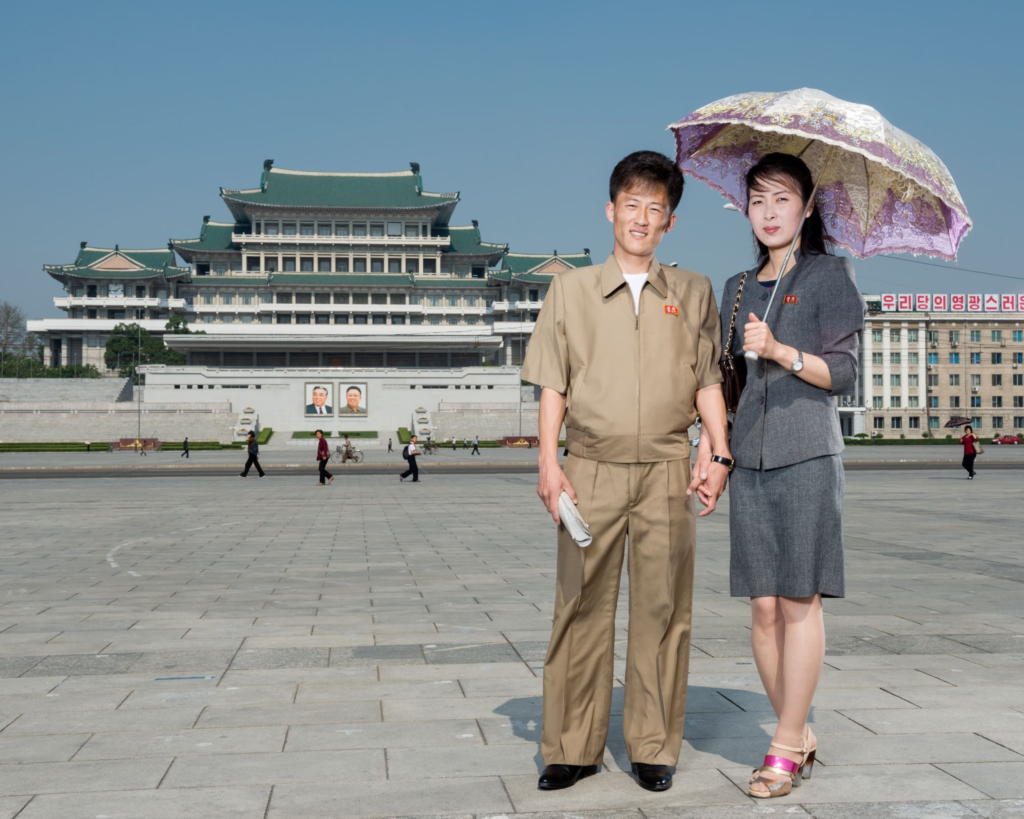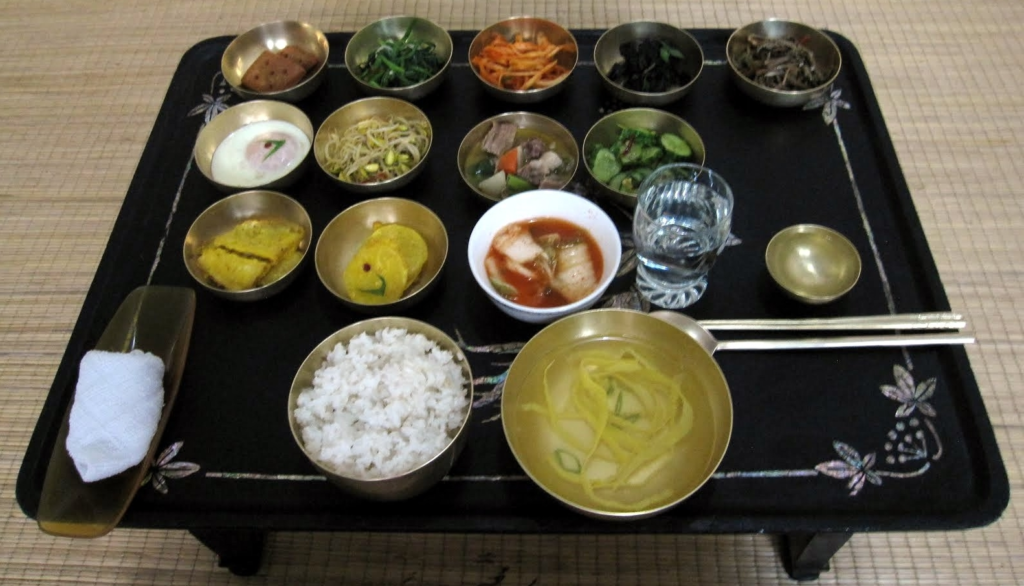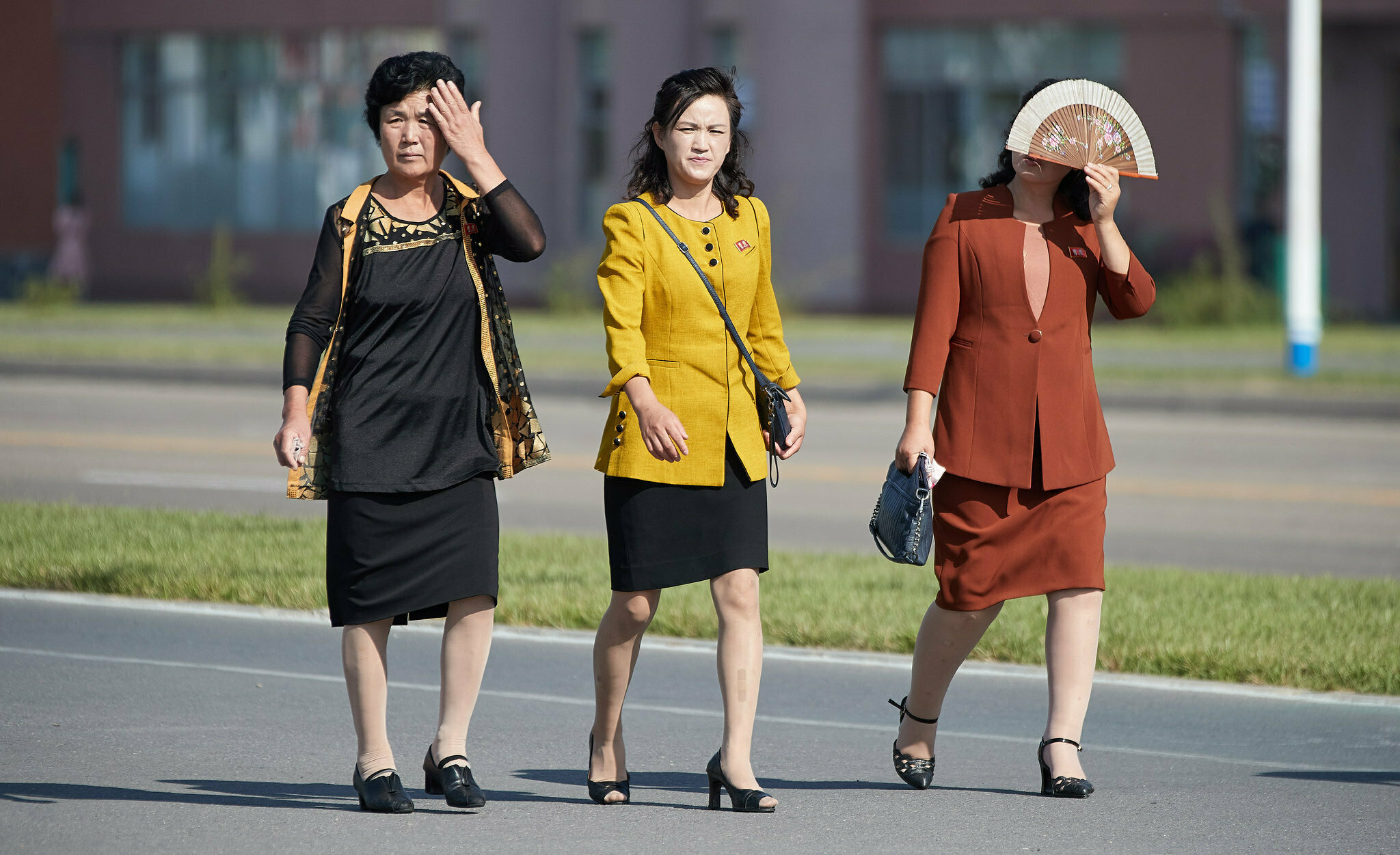March 27, 2025
North Korea, one of the most isolated countries in the world, remains a subject of intrigue and mystery. With its tightly controlled society and strict government policies, the country presents a lifestyle that is vastly different from the rest of the world. From its rigorous daily routines to the influence of the state on personal life, North Korean lifestyle is shaped by political, cultural, and historical factors. This article explores the day-to-day life of North Koreans and how they navigate living under a regime that tightly controls their activities.
A Nation Under Control: The Role of the State in Daily Life

Life in North Korea is profoundly influenced by the government. The Workers’ Party of Korea (WPK), led by Kim Jong-un, maintains an iron grip on both the economy and social life. The country’s social structure is heavily stratified, with access to resources, education, and employment opportunities tightly regulated. Ordinary citizens are required to adhere to strict laws, follow the teachings of Juche (the official ideology), and take part in state-driven activities.
The state controls everything from employment to leisure activities, and citizens are often under constant surveillance. For example, individuals are encouraged to report on any perceived disloyalty to the state. This culture of surveillance impacts daily routines, as every aspect of life is influenced by what is deemed acceptable or unacceptable by the government.
Work and Education: The Backbone of North Korean Society

In North Korea, work and education are seen as crucial pillars in supporting the state. State-run industries dominate the economy, with the government directing all economic activities. Citizens are assigned jobs by the state based on their abilities and party loyalty. These jobs are typically within agriculture, manufacturing, or the military sector, all of which are fundamental to the country’s self-sufficiency model.
Education is similarly state-controlled. The North Korean education system focuses on instilling loyalty to the regime and promoting the ideology of Juche. Students are taught from an early age about the greatness of the Kim family and the superiority of the North Korean way of life. They are also trained in military tactics and revolutionary ideology. The educational curriculum is often geared toward creating future party loyalists who will continue the regime’s goals.
Food and Dining: A Look at the Everyday Diet

North Korean cuisine is heavily influenced by the country’s geography and the limitations of its economy. Due to food shortages and the country’s isolation from the global economy, much of the food available to citizens is locally produced. Rice, kimchi, and vegetables are staples in the North Korean diet. However, meat consumption is limited for the average citizen, and seafood, though available, is generally restricted to the elite.
In larger cities like Pyongyang, food availability is more diverse for the ruling class. The government has made efforts to present a more prosperous image in Pyongyang, and state-run restaurants cater to foreign diplomats and tourists, often serving dishes that are not available in rural areas. These privileged sections of the population enjoy a lifestyle with more access to imported goods, fine dining, and better living conditions.
Leisure Activities: A Country with Few Freedoms

Leisure time in North Korea is tightly controlled. Activities that may be common in other countries, such as watching television or using the internet, are subject to government restrictions. The state-run television broadcasts content that promotes North Korean propaganda, and access to foreign media is strictly prohibited. Most North Koreans do not have access to international news and rely on the government for information.
Despite the restrictions, North Koreans do engage in state-approved leisure activities. One of the most famous cultural events is the Mass Games, which are grandiose performances that celebrate North Korea’s military power and the regime. These performances feature tens of thousands of citizens, many of whom are selected to participate based on their loyalty to the state.
Sports are also promoted, particularly sports that promote physical fitness and national pride, such as gymnastics, football, and basketball. State-sponsored sports teams participate in international competitions, and athletes are celebrated as national heroes. However, the ability to engage in recreational activities outside of state-sanctioned events is limited.
Religion and Beliefs: The Juche Ideology as a Substitute for Religion

North Korea officially claims to be an atheist state, and religion is strictly prohibited. However, the Juche ideology, which emphasizes the central role of the leader and the state, functions as a quasi-religion for many citizens. The Kim family is worshipped as almost divine figures, and their statues and portraits can be found throughout the country.
In rural areas, where strict state controls are harder to enforce, some citizens still practice traditional forms of spirituality or ancestor worship. However, these practices are largely discouraged by the government, and those caught engaging in unauthorized religious activities face harsh punishment.
Travel and Communication: Limited Freedom of Movement

Travel within North Korea is highly restricted. Citizens require government permission to travel between cities or to visit certain areas of the country. Pyongyang, the capital, is a highly controlled area, and only a select few are allowed to live and work there. Citizens outside of the capital often face stricter restrictions on where they can go and are not allowed to travel freely.
Communication with the outside world is also limited. The government controls access to the internet, and most citizens can only access Kwangmyong, a domestic intranet that only features state-approved websites. International communication, such as calling or sending emails abroad, is highly monitored and restricted to government officials and elites.
Conclusion: Living in North Korea
North Korean society is deeply influenced by the government and its control over nearly every aspect of life. While there are elements of everyday life that may appear similar to those in other countries, the level of surveillance, control, and restriction sets North Korea apart. For those outside of the elite circles, life in North Korea is characterized by limited personal freedom, strict regulations, and a profound commitment to the ideals of Juche.
For more information on life in North Korea, check out the following resources:
- North Korea’s Political Structure
- North Korea’s Education System: Indoctrination or Education?
- North Korean Cuisine: A Taste of the Hermit Kingdom
By understanding the day-to-day realities of North Korean citizens, we gain a deeper perspective on the challenges faced by those living under one of the most isolated regimes in the world.




